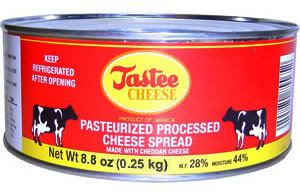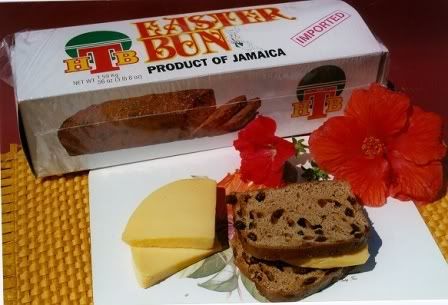 This time of the year is by far my favourite time of the year. Christmas in
This time of the year is by far my favourite time of the year. Christmas in
The usual Christmas decorations start going up round the first few weeks of December. Shopping centres, malls, Stores, restaurants, houses, businesses, everywhere, have massive decorations and light shows put up during this time. This is the first signal that ‘Christmas a cum’. I remember living in Mandeville and driving around, during Christmas, to look at all the houses that had beautiful decorations.
There are some key things that will/must happen during Christmas, this I learnt while growing up: Within at least two weeks of Christmas new curtains are bought and put up. I’m sure seamstresses must love this time of year, because the typical Jamaican does not merely go to the store to buy curtains, they must be made by the local seamstress/dressmaker; the prettiest sheets go on the bed, and the house is cleaned from top to the bottom, every nook and cranny; houses are painted-inside and out; sorrel is bought so it can be set out to dry; empty soda and beer bottles are carried to the store to exchange for money so more crates of soda and beer can be bought and of course, the Christmas grocery shopping. Grocery shopping it seems is more vital than gift shopping. Thousands of dollars are spent buying ingredients for the Christmas cake, without which, there really is no Christmas.

The all important Christmas dinner usually consist of several meats, at least 3 in most household who can afford it. Chicken is a must, so is roasted beef and ham. You will also see sides such as potato salads and rice and gungo peas. At this time of year, red peas is replaced by gungo peas in both rice and peas and peas soup. Christmas dinner is had with sorrel, a very important part of the meal and Christmas cake (fruit cake). Our Christmas cake is chock full of rum and some have been even known to send some persons home staggering.
This is also the time of the year that many people see relative and friends who they haven’t seen in a long time. Many persons enjoy Christmas because of the fact that, more than likely, by the end of Christmas day, you would have had at least two complete Christmas dinners; one at home and one at at least one other family member’s or friend’s house.
Another aspect of Christmas is the church service. Many Jamaicans who had not even seen the inside a church, save for the occasional wedding or funeral would be up bright and early on Christmas morning/Sunday to attend church. Churches are full to the brim at this time of year, and church service would normally include the singing of carols and the all important (especially at this time of year) collection of offering.
As far as entertainment is concerned, there is the Jonkonnu (John Canoe) parade. This parade has lost is popularity over the years but it still happens and is still an integral part of our culture. Many parties also take place on Christmas eve and boxing day, and new year’s eve. On Christmas eve there is the Grand Market. This is the time when all the shopping takes place. All the stores and supermarkets are open late; till at least midnight or later. The streets are full of people, including lots of children who are doing the last minute shopping. Last minute shopping is not something that we run away from during this time, it’s preferred. Everybody is out on the street and everyone is bound to run into people they haven’t seen for many years, especially since so many Jamaicans return home from ‘foreign’ during this time. The children get a chance to be out on the town till late, and hang out with their friends. I am getting very excited just thinking about Christmas in
After all the festivities and fan fare, Christmas day is a day for relaxation, church going, and catching up with friends and family. The most amazing sides of people come out during Christmas time. It is an amazing holiday; Jamaican Christmas is a very special time.
















